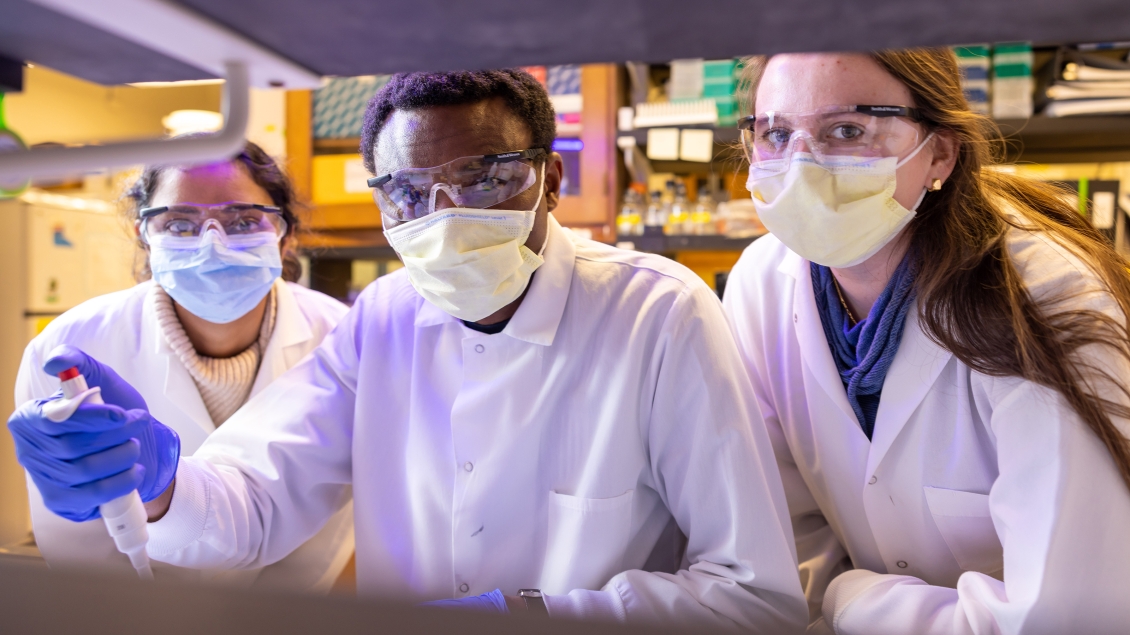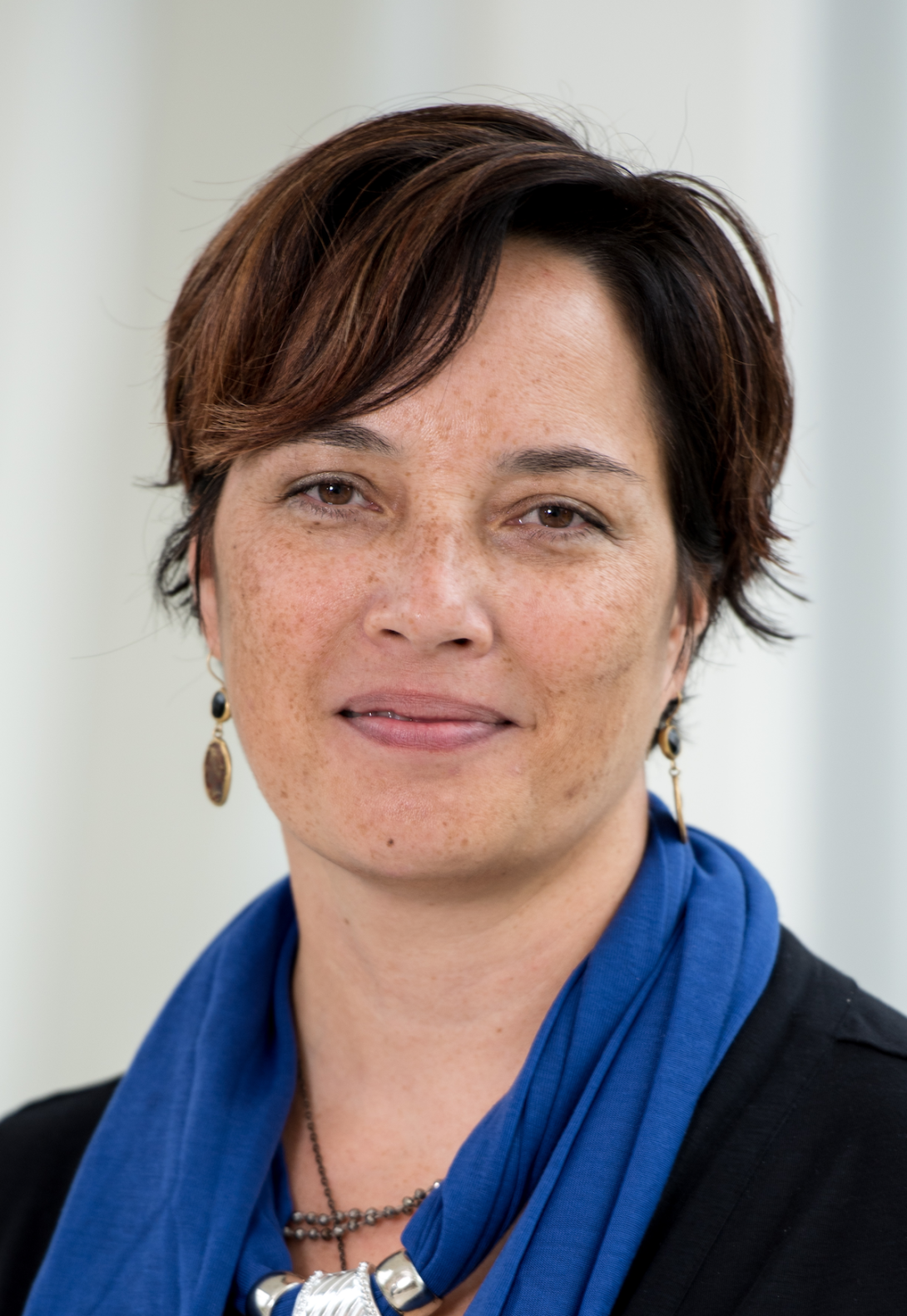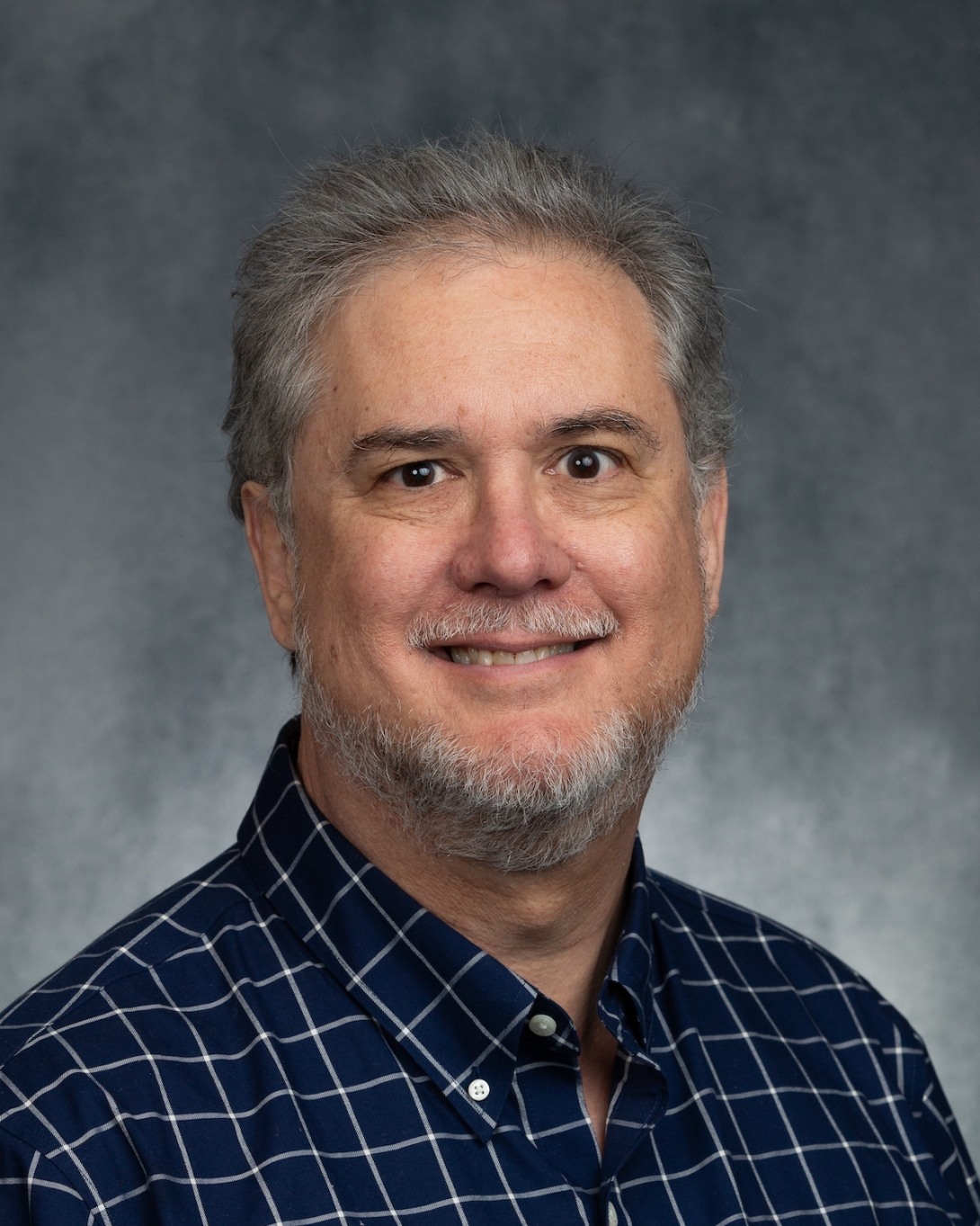
Forge a Path in an Infinite, Unseen World
Join us and embark on a vast and unending academic adventure happening on the world’s smallest scale.
Every day, the U-M Medical School Department of Microbiology and Immunology invests in the future of humankind by supporting and educating the scientists of tomorrow. Together, we perform research aimed at making breakthrough discoveries with wide-ranging and significant impacts on the world we know.
This constant collaboration with the graduate students and postdoctoral fellows who will become the next generation of microbiologists and immunologists happens in our Master's and Doctoral Programs in Microbiology & Immunology. We also provide courses for Dental, Medical and undergraduate students and have a strong affiliation with the Graduate Program in Immunology.
Our department offers a wide range of courses to match the individual interests and goals of our students. From undergraduate studies to Graduate and PhD courses to medical and dental school training, you can find the training you need for your career.
The Office of Graduate & Postdoctoral Studies (OGPS) is the service and support office for all doctoral, masters, post-baccalaureate students as well as the postdoctoral fellows within the Medical School.

Professor of Microbiology and Immunology

MS Program Director, Microbiology and Immunology